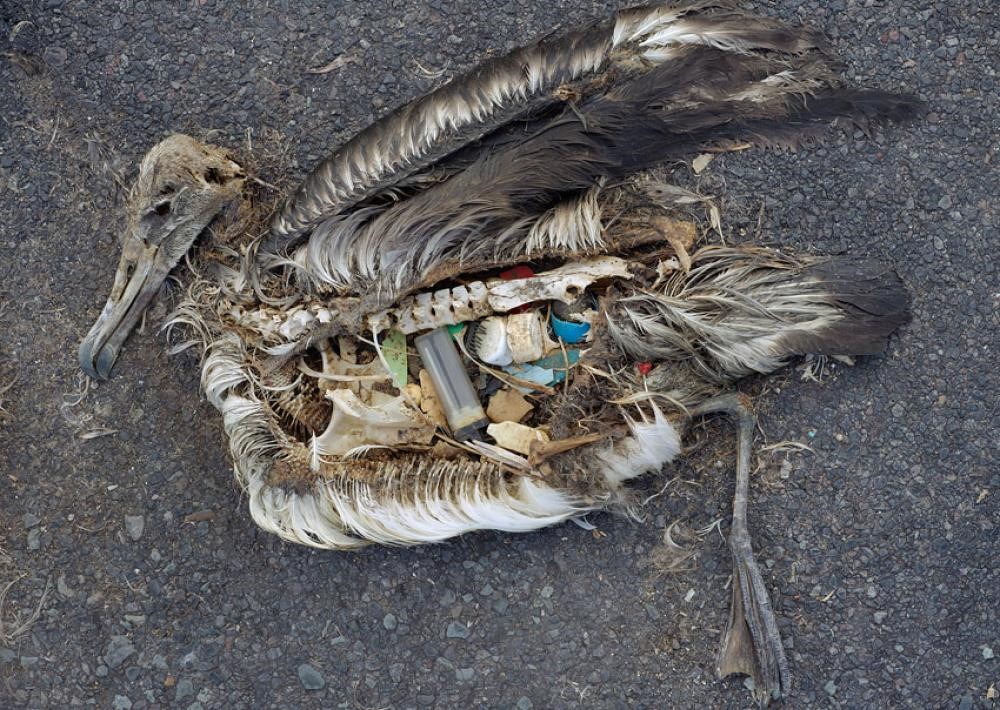Good Money Week: Why our portfolios are now divested
/In light of Good Money Week we wanted to explain why our portfolios are now fully divested.
It is a fact that there are a growing number of people who are aware of, and want to fight against, man made climate change. It is also a fact, that most pensions and Stocks and Shares ISAs contain funds which invest in fossil fuel extraction or exploration companies due to the simple fact that they historically have provided excellent returns. I’ve spoken to clients who donate money each month to charities such as Greenpeace, and at the same time hold money (without realising it) through their pensions, in Shell and BP!
We’ve been wanting to provide a solution to this problem for some time. The problem for us wasn’t necessarily a lack of time, knowledge or inclination, but more a lack of choice! For example, winding the clock back only a few years, I could only find one fund which had a clear, checkable policy on excluding fossil fuel stock. One fund of course is not enough to make a portfolio! Our aim as wealth managers is to ensure that client money is diversified, can be tweaked according to changes in performance, cost, the emergence of new funds, risk and so forth. We have been checking the market place continually since that point, and, happily for clients and for the world in general, there seems to have been a rather swift change of direction in the market. We’ve seen numerous new funds launch, matched by clearer exclusion policies for existing funds.
Image Source: Finance Matters
We now offer portfolios which are 100% free of fossil fuel extraction and exploration companies to suit every category of investment risk. A divested range of portfolios such as this is something we believe to be unique in our sector and has taken years of ongoing research and gradual improvements to work towards, with continued effort required to maintain and develop the proposition.
You might ask yourself why we believe that fossil fuel investment should be avoided?
Firstly, we consider the overwhelming scientific consensus that man-made climate change is real, and is a result of our carbon emissions to be a compelling reason not to support the industry on ethical grounds. Climate change is causing problems in a range of areas where it is not yet perhaps given full credit. A warmer climate is leading to more extreme weather events and destabilized seasons which can lead to turmoil for farmers and our food resources. As well as the humanitarian issues; we are losing land- with trillions of dollars of real estate around the world is on coastlines and directly at risk from a rising sea level, and animals such as polar bears, coral and turtles.
Image Source: Forbes
Secondly, and removing any ethical, moral or political arguments, we have the risk of the ‘Carbon Bubble’. At the recent Paris Climate Agreement (COP21), 195 nations agreed to various measures to ensure that global temperatures did not exceed 1.5 degrees centigrade above pre-industrial temperatures, as it has been accepted that we will experience an environmental catastrophe if we go much beyond this. We now have a legal obligation to reduce the level of carbon emissions at a national level. This means that significant assets currently making up the balance sheets and therefore the valuations of fossil fuel companies, can never be extracted and turned into money. This means that right now, many of the world’s largest companies, whose shares are owned by most of the worlds investment and pension funds, are significantly overvalued. We do not consider this a worthwhile risk to take, especially when you factor in the growth, and potential growth available through their competitor industries in the clean energy generation sectors.
If you also believe in avoiding fossil fuels we can check your pension or ISA for them, and if necessary help you ensure that your money is no longer supporting the fossil fuel industry, or indeed at risk from it!









